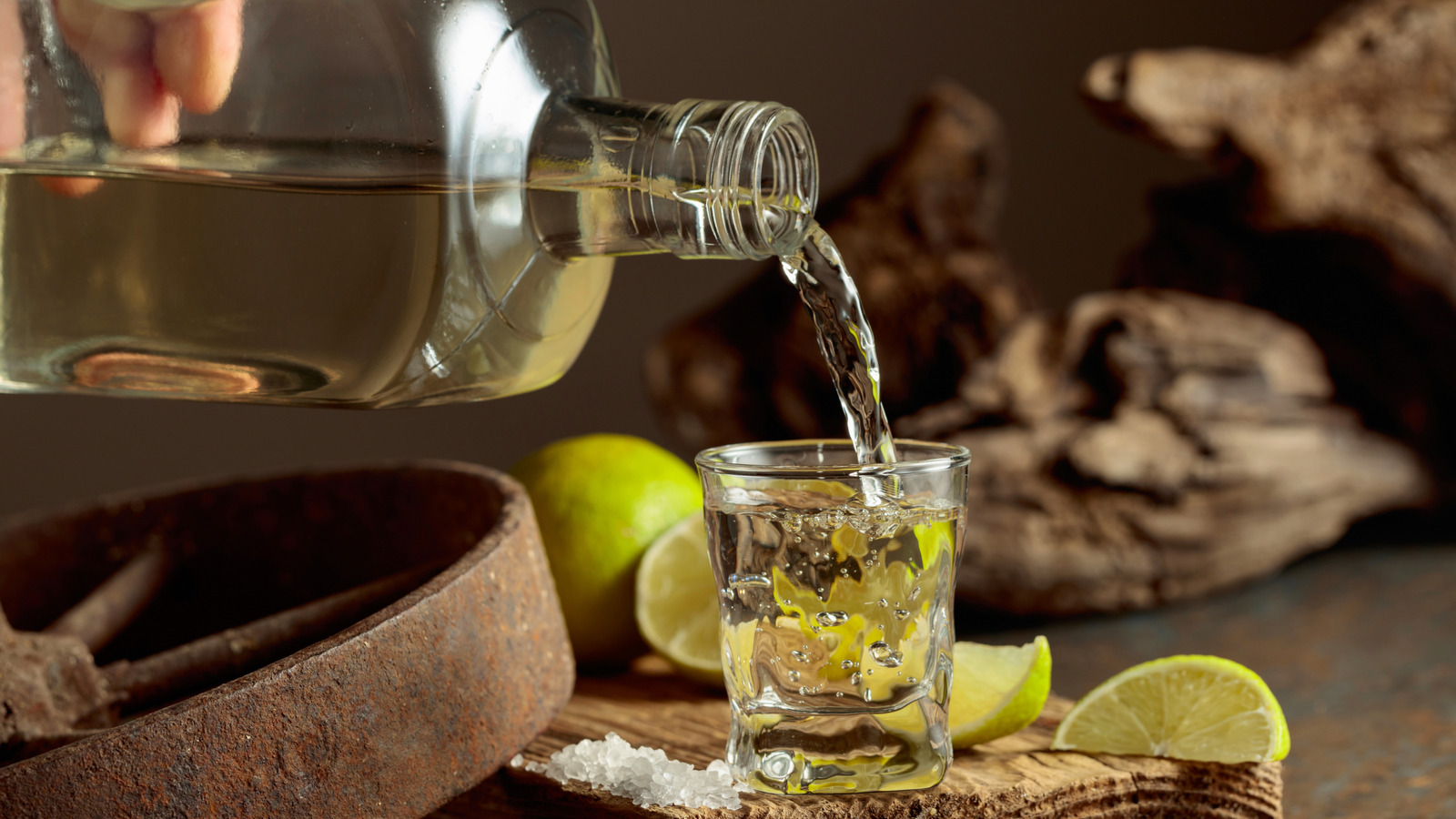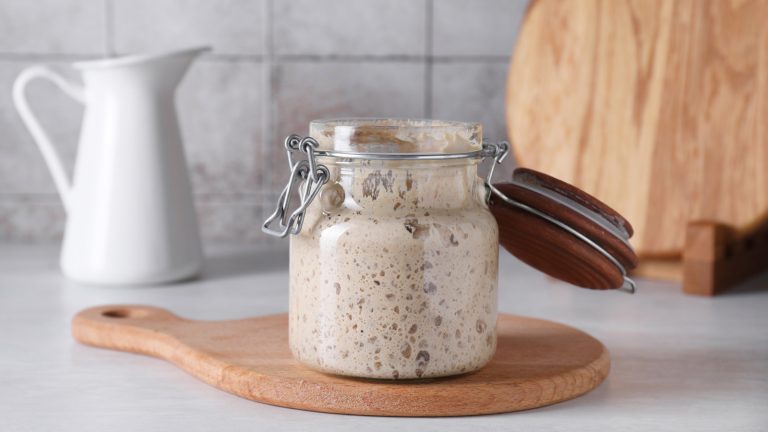With tequila’s consumption speedily on the rise, buyers are increasingly investigating the spirit’s nuance. Whether it’s simply digging into what tequila’s made from, or trying out the liquor in new cocktails, the world of agave alcohol offers exciting new drinking opportunities. And curiously, tequila is also attracting the health conscious crowd.
The claims are impressive, ranging from weight loss, to blood sugar regulation, and even digestive help. Plus, tequila’s attracting converts from other booze styles, citing there’s less of a hangover than other spirits, even in comparison to wine and beer. Such assertions are certainly bold, and to answer succinctly, they’re mostly not true.
As noted by Medical News Today, there’s no verifiable scientific evidence that tequila promotes health. Such claims often originate from the agave — the central foundation of tequila — which does offer some beneficial properties. However, the distillation process radically changes the plant’s composition, and the effects don’t translate. Furthermore, according to the World Health Organization, any amount of alcohol consumption is detrimental to health, with its carcinogenic risks outweighing benefits. So unfortunately, drinking tequila doesn’t equate to a healthy experience; there’s harm regardless of the spirit. Nevertheless, its distinct composition does come with certain qualities worth noting.
Tequila’s clear appearance and low-sugar content lead to health claims
Although it’s no magical health tonic, tequila does come with certain characteristics which boost its health status among spirits. Most notably, it’s low in calories — with an ounce containing less than 100 calories — making it among the least energy dense alcohols, per Healthline. Furthermore, many health-driven individuals gravitate towards specifically the unaged blanco tequila style — as opposed to reposado or anejo tequila and other aged liquors like rum or whiskey. Spirits that spend time in the barrel come satiated with compounds called congeners, which research suggests intensify hangovers.
Not to mention, tequila’s bright and likable palate eases breezy consumption. The spirit’s enjoyable neat, and shines in simple cocktails like the ranch water, an easy margarita swap that consists of only water, ice and lime. So, in addition to a few science-backed effects, there’s a subjective cleanliness associated with the liquor. Boosted by all the circulating health claims — as well as cocktail recipes like the skinny margarita — there’s a cultural element that’s intertwined with tequila’s health benefits. Truthfully, there’s not much nutritional supremacy to the agave spirit over vodka or gin, which pack in similar compositions. However, there’s a psychological rush to viewing the spirit as less harmful, and such an aura intrigues tequila fans.






